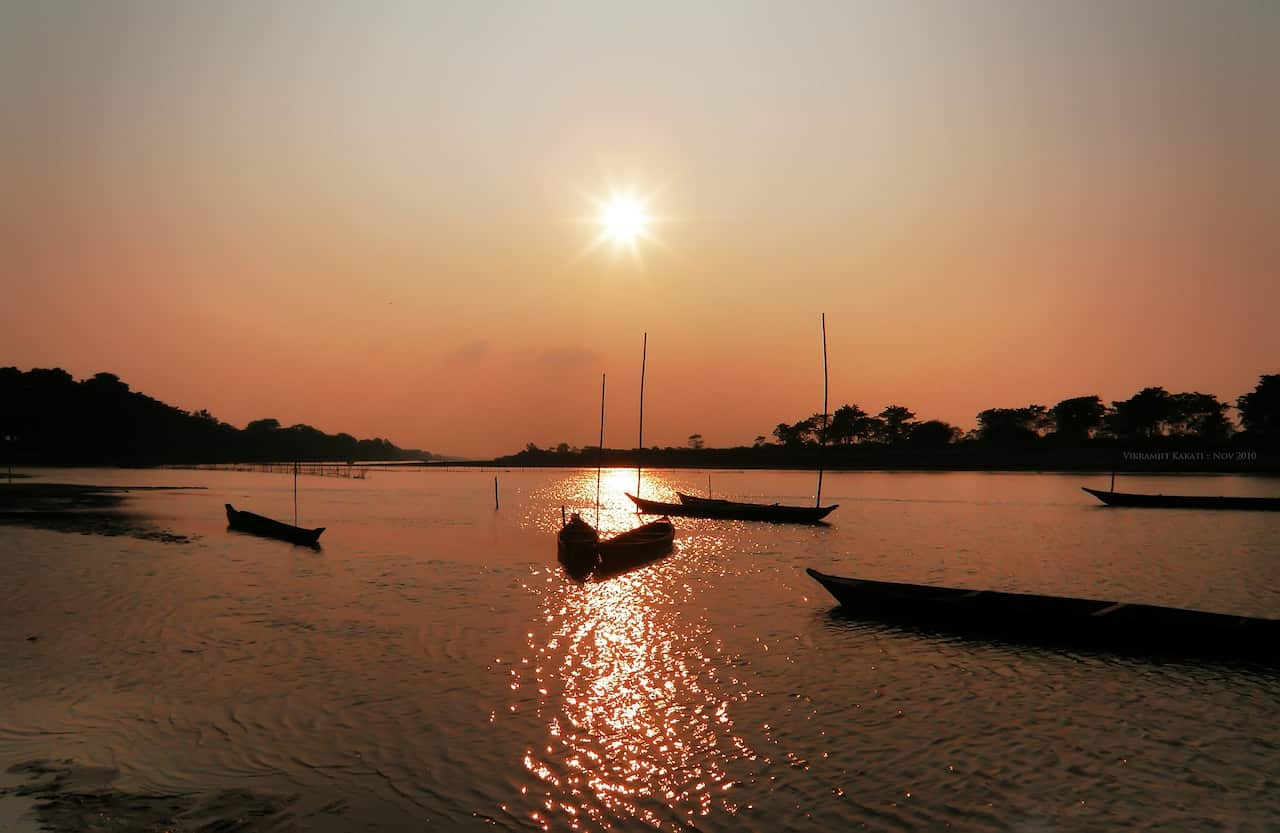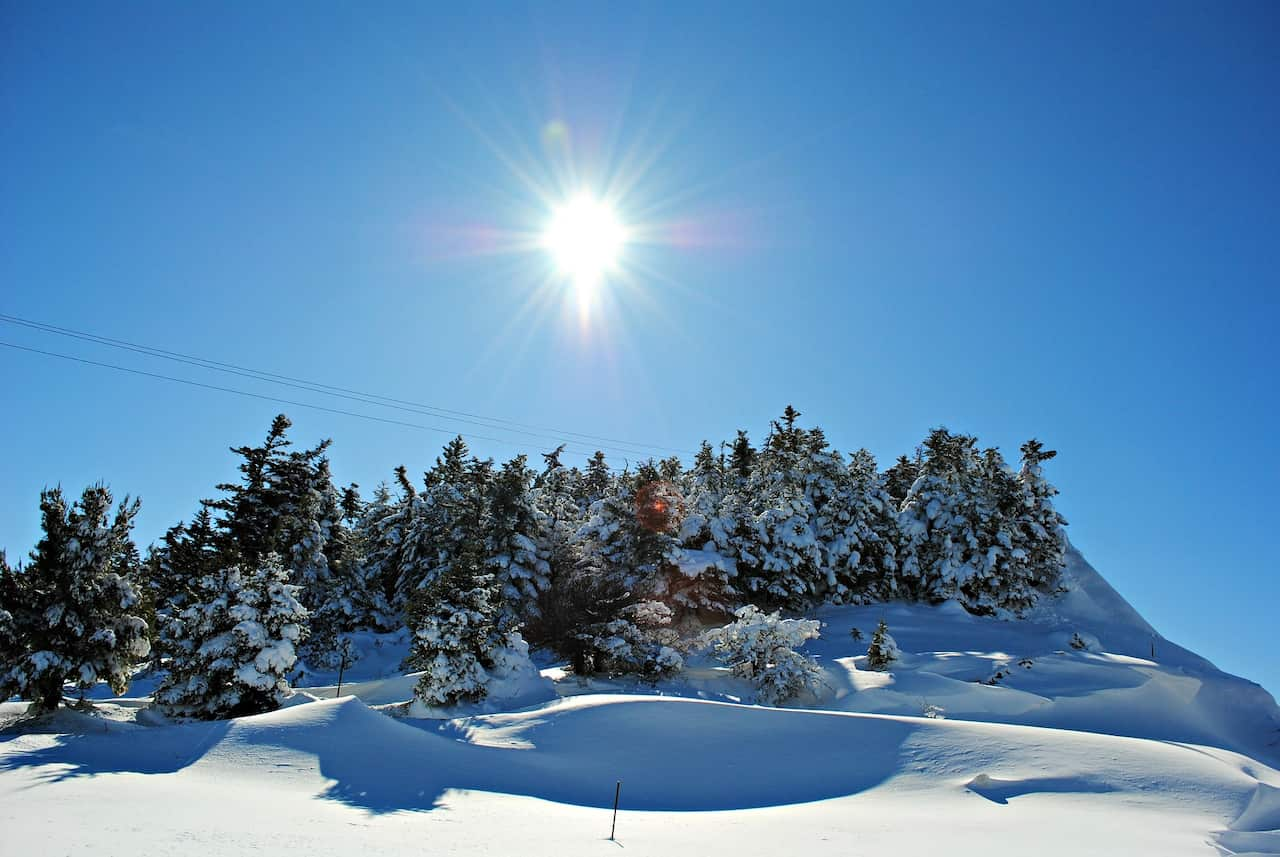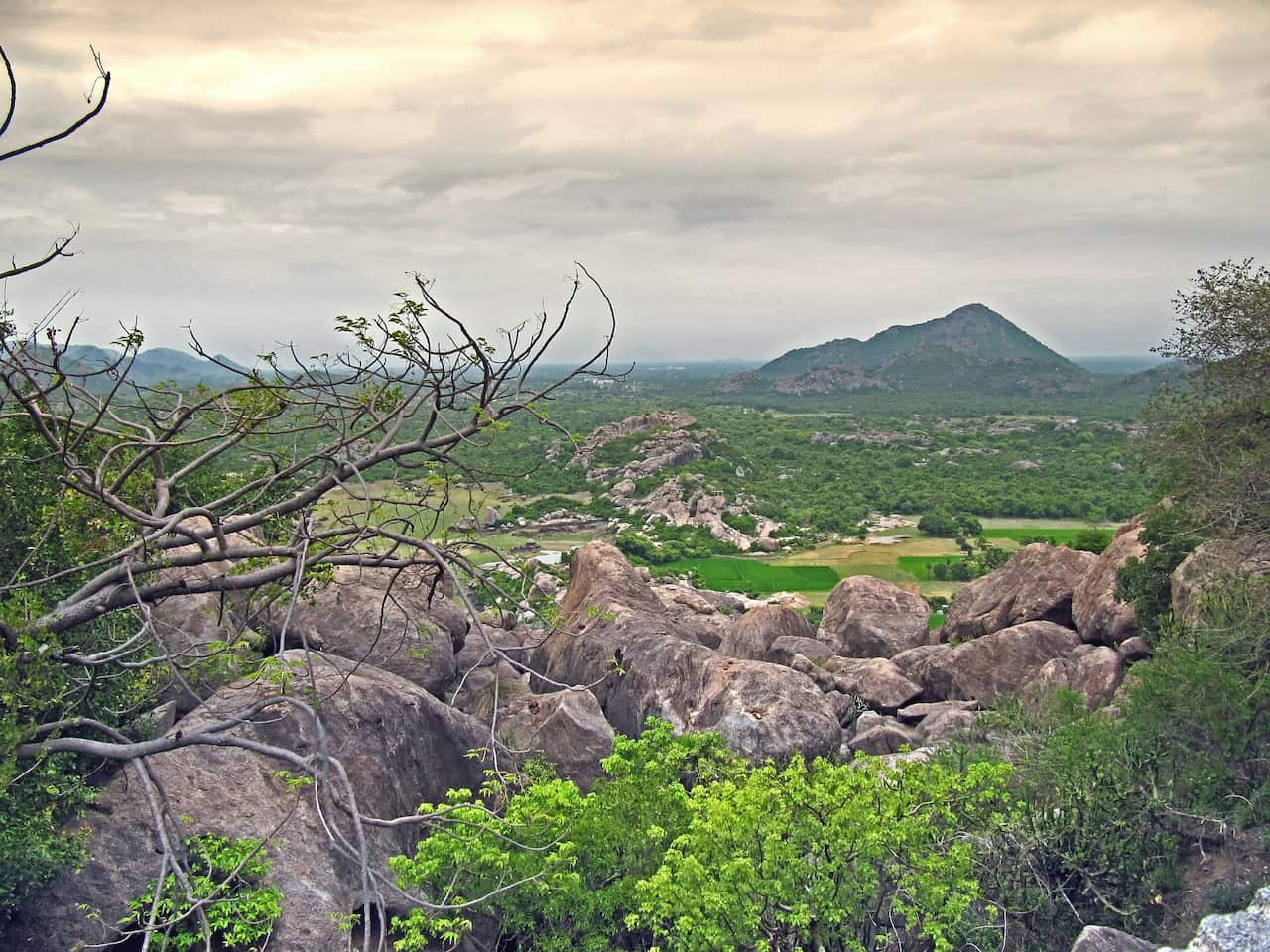World Environment Day is the biggest annual event for positive environmental action and takes place every 5 June. This year’s host country Canada got to choose the theme and will be at the center of celebrations around the planet.
World Environment Day is the biggest annual event for positive environmental action and takes place every 5 June. This year’s host country Canada got to choose the theme and will be at the center of celebrations around the planet.
World Environment Day celebration began in 1972 by global citizens. They have organized many thousands of events, from neighborhood clean-ups to action against wildlife crime, to replanting forests.
This year’s theme invites you to think about how we are part of nature and how intimately we depend on it. It challenges us to find fun and exciting ways to experience and cherish this vital relationship.

Source: Public Domain
What is World Environment Day all about?
World Environment Day is celebrated every year, around the world people will be planting trees, cleaning up their neighborhoods and taking action against wildlife crimes.
The day itself is all about raising awareness about nature and the importance of protecting it so anything that has people embracing the outdoors is a small step towards helping.
As per The World Environment Day website, 'In recent decades, scientific advances, as well as growing environmental problems such as global warming, are helping us to understand the countless ways in which natural systems support our own prosperity and well-being.'
For example, the world’s oceans, forests and soils act as vast stores for greenhouse gases such as carbon dioxide and methane; farmers and fisher-folk harness nature on land and under water to provide us with food; scientists develop medicines using genetic material drawn from the millions of species that make up Earth’s astounding biological diversity.
'Billions of rural people around the world spend every working day ‘connected to nature’ and appreciate full well their dependence on natural water supplies and how nature provides their livelihoods in the form of fertile soil. They are among the first to suffer when ecosystems are threatened, whether by pollution, climate change or over-exploitation.'
'Nature’s gifts are often hard to value in monetary terms. Like clean air, they are often taken for granted, at least until they become scarce. However, economists are developing ways to measure the multi-trillion-dollar worth of many so-called ‘ecosystem services’, from insects pollinating fruit trees in the orchards of California to the leisure, health and spiritual benefits of a hike up a Himalayan valley.'

Source: Public Domain
How to get involved?
1) We can visit local parks and not just look at the views and get involved in them. Go hiking, swimming, walking etc. Share photographs on social media with the hashtag #worldenvironmentday too
2) Plant a tree - You can also connect with nature in the city, where major parks can be a green lung and a hub of biodiversity. Why not do your bit too green the urban environment, by greening your street or a derelict site, or planting a window box? You could put a spade in the soil or lift a paving slab and see what creatures live beneath.
3) You may organize litter pickups, not only in neighborhoods but down at local beaches and in forests and woods.

Source: Public Domain
Share

